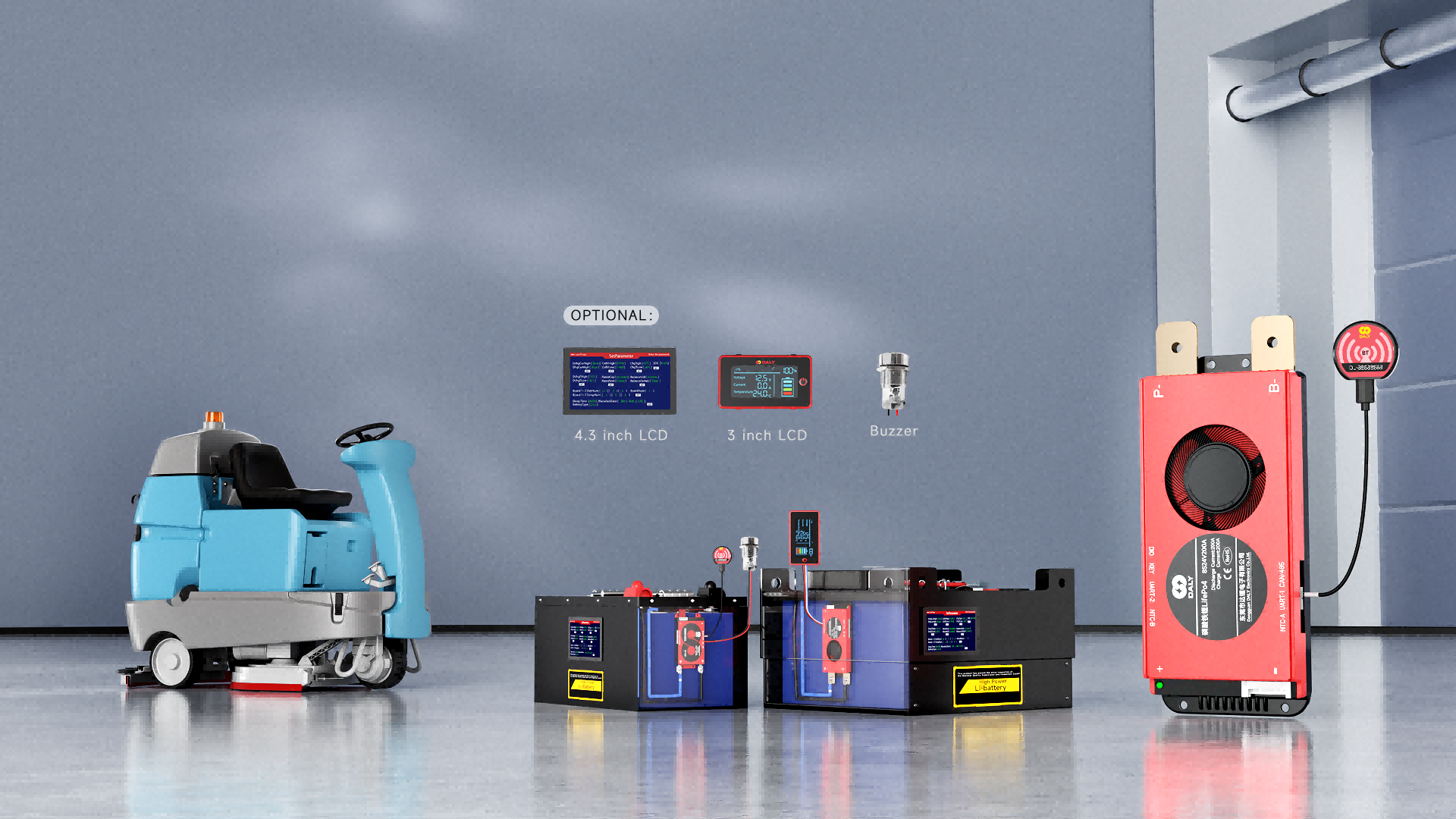Battery Management Systems (BMS) are often touted as essential for managing lithium batteries, but do you really need one? To answer this, it’s important to understand what a BMS does and the role it plays in battery performance and safety.
A BMS is an integrated circuit or a system that monitors and manages the charging and discharging of lithium batteries. It ensures that each cell in the battery pack operates within safe voltage and temperature ranges, balances the charge across cells, and protects against overcharging, deep discharging, and short circuits.
For most consumer applications, such as in electric vehicles, portable electronics, and renewable energy storage, a BMS is highly recommended. Lithium batteries, while offering high energy density and long life, can be quite sensitive to overcharging or discharging beyond their designed limits. A BMS helps prevent these issues, thereby extending battery life and maintaining safety. It also provides valuable data on battery health and performance, which can be crucial for efficient operation and maintenance.
However, for simpler applications or in DIY projects where the battery pack is used in a controlled environment, it might be possible to manage without a sophisticated BMS. In these cases, ensuring proper charging protocols and avoiding conditions that could lead to overcharging or deep discharging can be sufficient.
In summary, while you might not always need a BMS, having one can significantly enhance the safety and longevity of lithium batteries, particularly in applications where reliability and safety are paramount. For peace of mind and optimal performance, investing in a BMS is generally a wise choice.

Post time: Aug-13-2024




